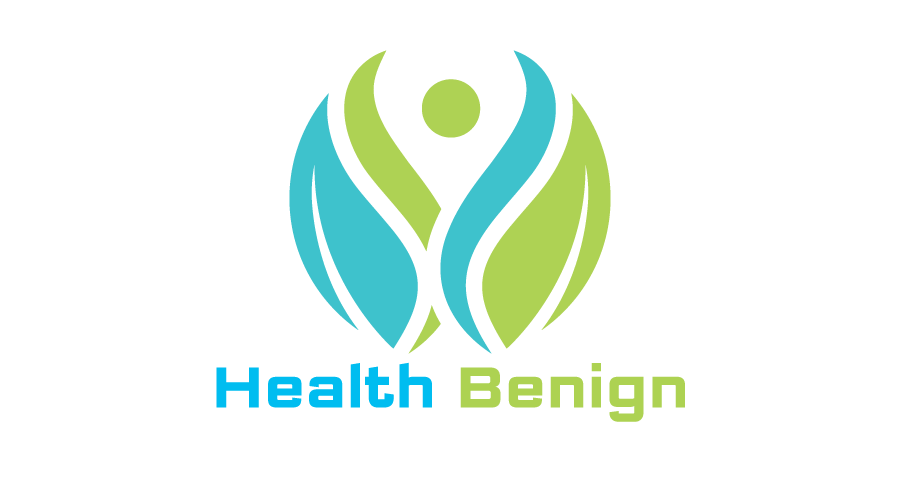Salt is a necessary component of our diet because it keeps fluid balance, nerve function, and muscle contraction in check. But not every salt is made equally. Knowing which types of salt are best for you is crucial, as the effects of salt on health are becoming more widely recognized. This article addresses why Boulder Salt might be the greatest salt for health while examining other types of salt with a particular emphasis on it.

The Value of Salt in Our Diets. The primary ingredient in salt, sodium chloride, is necessary for the following biological processes:.
- Fluid Balance: Sodium helps regulate your cells and the environment’s water content, ensuring that you are properly hydrated.
- Nerve Function: In order for nerve impulses to pass through the body and connect with other bodily parts, sodium is required.
- Chloride and sodium ions are necessary for muscle contraction in order to help start and maintain muscle activity.
- In the small intestine sodium helps the body absorb glucose and amino acids among other nutrients.While salt is necessary for these functions, excessive intake can lead to health issues such as hypertension, cardiovascular disease, and kidney problems. Therefore, choosing the right type of salt can make a significant difference in maintaining health.
Boulder Salt: A Reasonably Sound Option.
The balanced mineral content of this salt distinguishes it from other salts. The following explains why Boulder Salt is regarded as one of the healthiest salts:
- Harmonized Mineral Content: Calcium, magnesium, potassium, and sodium are all present in balance in Boulder Salt. The body’s electrolyte balance is maintained by this combination, which is essential for hydration and proper cellular function.
- Top Salt for Consuming Water: Because Boulder Salt contains balanced minerals, water is properly absorbed and retained in cells, promoting optimal hydration. Athletes and those leading active lifestyles will especially benefit from this.

- Nerve and muscle function:
The presence of potassium and magnesium in Boulder salt aids in nerve transmission and muscle contraction, reducing the risk of cramps and spasms.
- Bone Health:
Calcium in Boulder Salt contributes to bone health, making it a good option for those looking to support their skeletal system.
- Additive-Free:
Unlike many commercial salts, Boulder Salt does not contain additives or anti-caking agents, making it a purer choice for consumption.
Health Guidelines and Recommendations
- Moderation
For most adults, the American Heart Association suggests limiting sodium intake to no more than 1500 milligrams per day, with an upper limit of 2300 milligrams.
- Choosing the Right Salt
Opt for salts that offer additional minerals and avoid highly refined options with additives. Boulder Salt, with its balanced mineral content, is a superior choice for maintaining health without compromising flavor.
- Reading Labels
Be aware of how much sodium is in packaged and processed foods. Foods that don’t seem unhealthy can also have a high sodium content.
- Hydration
Drinking plenty of water helps maintain fluid balance and supports kidney function, aiding in the efficient management of sodium levels.
Practical Uses of Boulder Salt
- Everyday Cooking
Use Boulder Salt in place of regular table salt for seasoning dishes. Its balanced mineral content enhances flavor while providing health benefits.
- Sports and Hydration
For athletes, adding Boulder Salt to water or sports drinks can help maintain electrolyte balance and prevent dehydration during intense physical activities.
- Finishing Touch
Sprinkle Boulder Salt over finished dishes to enhance flavor and provide a visual appeal with its coarse texture.
- Healthier Alternatives
Replace processed and refined salts with Boulder Salt in recipes to reduce the intake of additives and increase beneficial minerals.
Conclusion
We need salt in our diets for a number of body processes, including nerve and muscle transmission, fluid balance, nutrient absorption, and muscle contraction. Selecting the appropriate salt can help reduce the risks associated with excessive salt consumption, which in turn can lead to health issues. Because it lacks the additives present in many commercial salts, Boulder Salts balanced mineral composition makes it one of the best salts for health because it promotes bone health, nerve and muscle function, and hydration. You can reap the health benefits of salt while still staying at your best by including Boulder Salt in your diet and adhering to recommended daily allowances for sodium.
You can buy healthy salt online directly at https://www.bouldersaltcompany.com/shop/
Sources
- Mayo Clinic Staff. (2020). Sodium: How to Tame Your Salt Habit Mayo Clinic. Link.
- Harvard T.H. Chan School of Public Health. (2021). The Nutrition Source: Sodium and Salt. Link.
- National Institutes of Health. (2022). Sodium in the diet MedlinePlus. Link.
- American Heart Association. (2018). How much sodium should I eat per day? Link.
- World Health Organization. (2012). Guidelines: Sodium intake for adults and children. Link.
- Cleveland Clinic. (2021). Why is sodium important to your body? Link.
- WebMD. (2022). How Sodium Affects Your Heart. Link.
- National Kidney Foundation. (2020). Sodium and Your Health. Link.
- American Cancer Society. (2016). Salt and cancer risk Link.
- Healthline. (2021). The Effects of Excess Sodium on Your Body. Link.



